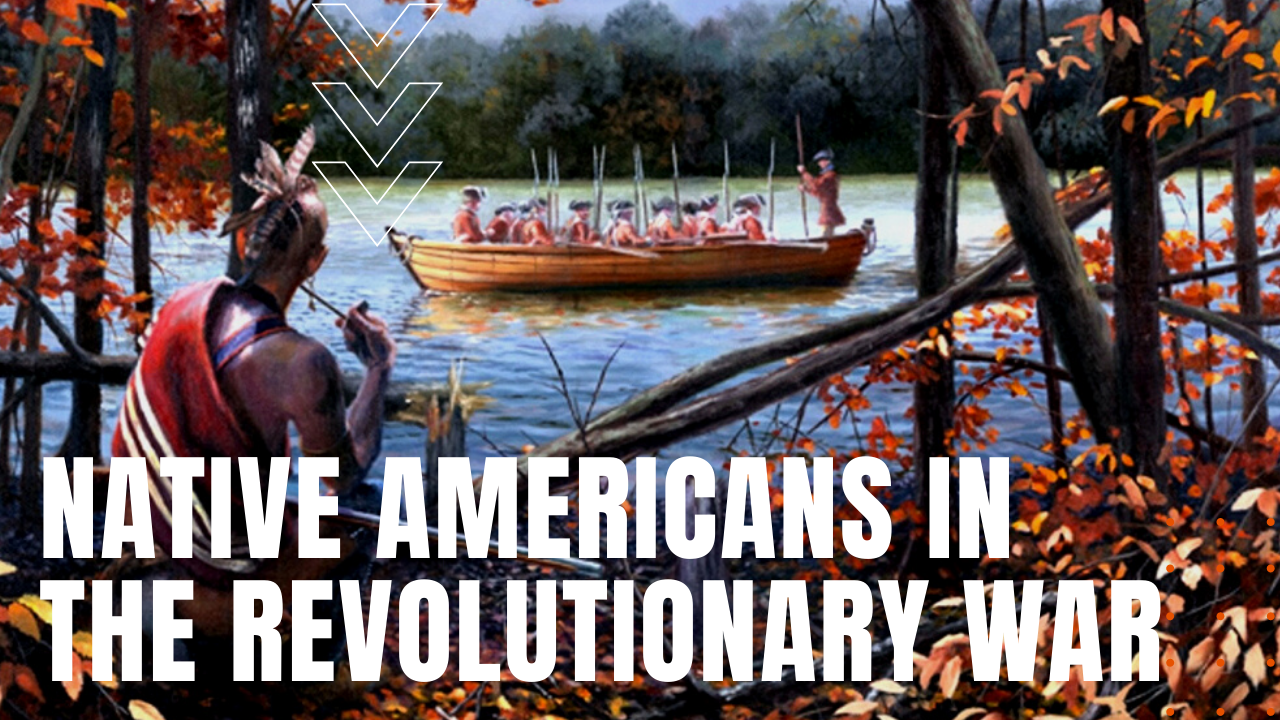Native Americans in the Revolutionary War

Often minimized and misunderstood by historians, Native Americans weighed in heavily during the Revolutionary War, and while the majority of Native communities remained neutral in the fight between Britain and her breakaway colonies—most believing the conflict to be little more than a family dispute between the king and his subjects—many others made the tough decision of choosing sides and taking up arms.
What Role did Native Americans Play in the Revolutionary War?
While the Proclamation of 1763 made lands west of the Appalachians off-limits to European settlers—a royal decree which angered westward expanding colonials—Native Americans who participated in the French and Indian War taught young leaders like George Washington the effectiveness of their warfare tactics, when they frequently acted as scouts for European armies, while launching devastating raids on colonial frontier outposts.
Early on in the war, the Native community at Stockbridge Massachusetts sent seventeen men to join the Patriots during the Siege of Boston in 1775, while other Native Americans sided with the British to defeat Patriot invasions of Canadian outposts from 1775 to 1776.
Native Americans Debate Loyalist vs Patriot Sympathy
Frequent disputes erupted within Native American communities regarding which side of the conflict to support, including the Cherokee Nation and the six-nation alliance in New York known as the Iroquois Confederacy, which saw the Oneida and Tuscarora people side with the Americans, while the Mohawk Nation fought beside the British.
Britains many frontier outposts such as Fort Niagara and Fort Detroit became evermore important lifelines for Native Americans, which in turn encouraged many indigenous people to fight for the British alongside American Loyalists forced to flee their own communities, leading General George Washington to dispatch General John Sullivan into Iroquois country in 1779, with the goal of destroying Native villages and crops, earning Washington the nickname “Town Destroyer” in the Iroquois.
What American Victory Meant for Natives
While the war cost Britain her prized possession in North America, the conflict also came with a high cost to Native Americans, since by recognizing American independence with the signing of the Treaty of Paris in 1783, Britain’s Proclamation of 1763 became null and void, opening the floodgates of European-American westward expansion that in turn led to an escalation of the American Indian Wars, which would rage intermittently until 1924, making the Revolutionary War, a major downturn for Native Americans’ ever-weakening grip on their once exclusive lands.
